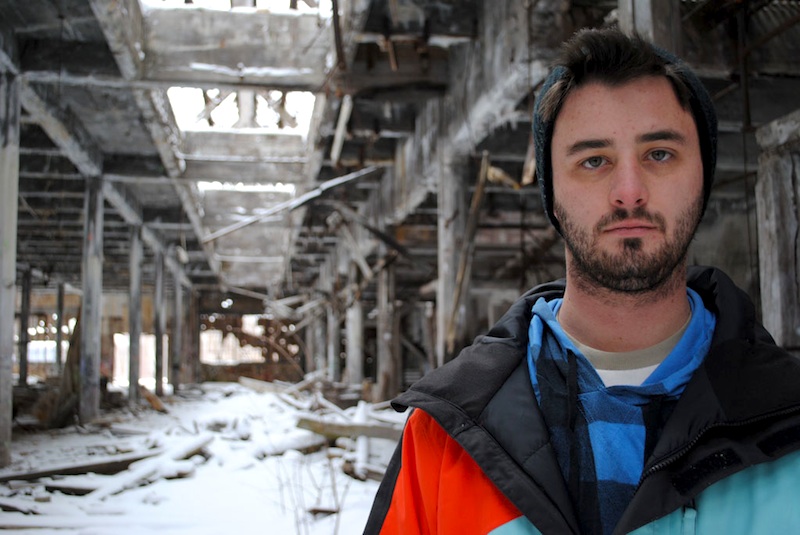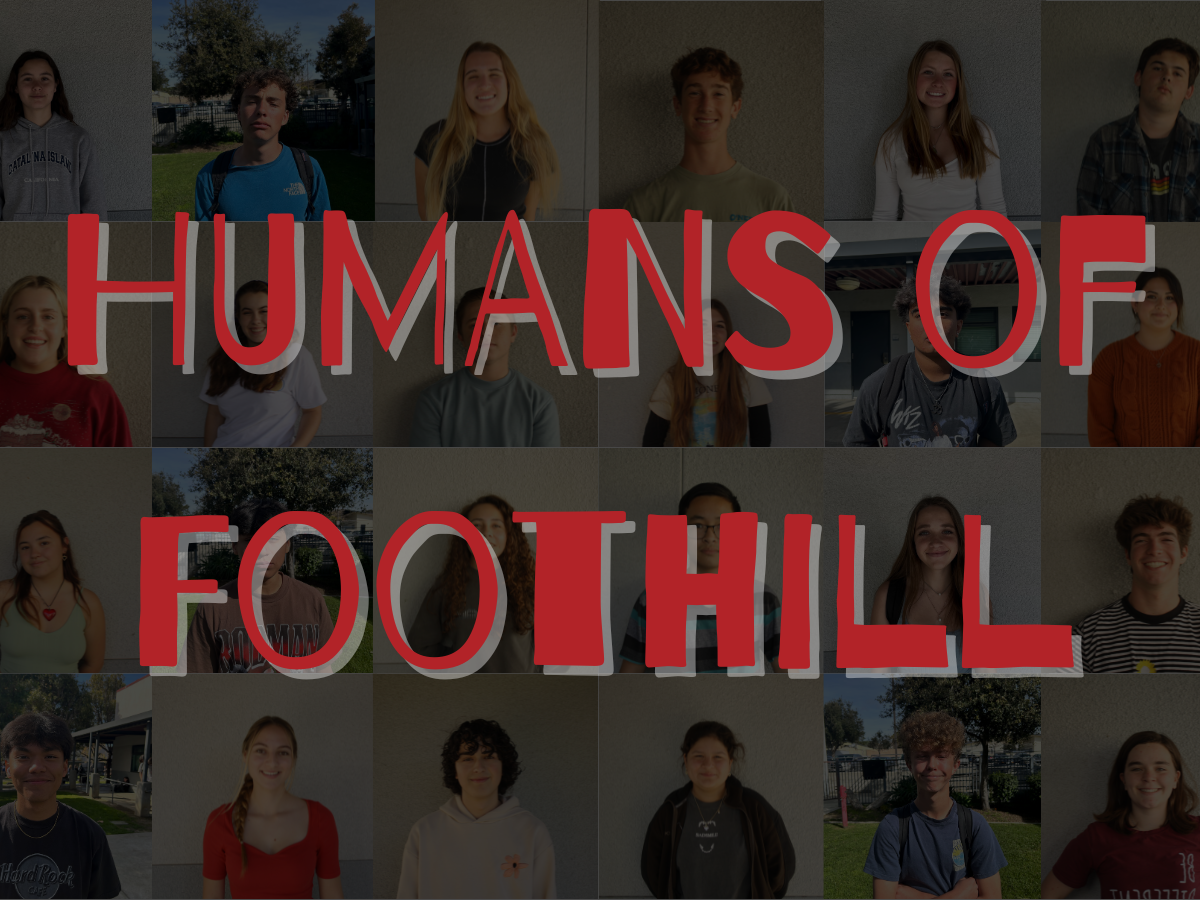
When childhood friends Dominic “Dom” Fredianelli, Cole Smith, and Matt “Bodi”Beaudoin graduated from high school, they decided to enlist in the military together. They never expected the experience would leave behind permanent mental scars that would haunt them for the rest of their lives. {sidebar id=37}
“Where Soldiers Come From” captures the three young soldiers’ lives. It follows them from the time they first entered the military, through their service in Afghanistan, to their experience upon returning home.
Their work in Afghanistan sometimes made them the targets of an attack. While searching for land mines in an explosive deployment vehicle, Smith found himself in an ambush, being fired at by men on a hill and blindly shooting back to defend himself.
The task was so dangerous and intimidating that it sometimes gave the young men many cases of anxiety that frequently kept them up into the night.
To make matters worse, a recent poll conducted by the Pew Research Center found that about one-third of the soldiers who fought in the Afghanistan and Iraq wars believed the war is not worth fighting and 84 percent feel the general American public has little or no understanding of the problems the soldiers faced while in the military.
“What is the point of this? Who am I fighting a war for?” said Fredianelli in an interview with The Foothill Dragon Press at a recent Los Angeles screening of the film.
Working in Afghanistan to search for land mines buried in the ground by the Taliban and other enemies is “like anticipating getting punched in the face all day long,” Beaudoin says in the documentary.
Upon returning home to the United States after nine months, all three men had suffered from various degrees of a disorder known as Traumatic Brain Injury, or TBI, injuries caused by a blow or a jolt to the head that disrupts the function of the brain. It can change how a person acts, moves, communicates and thinks. This caused the three men to have trouble adjusting back into their lives in Northern Michigan.
The after-effects of combat should be better understood, Fredianelli believes.
“I think the public should be more aware of the TBI disorder and traumatic brain injury because the guys who are at war go through a lot and then when they get home, people kinda forget about them,” he said.
Despite the trauma and frustrations they experienced during their time in Afghanistan, they still had some positive points to say about their decision in joining the military.
“Before I went to Afghanistan, I knew compassion, but never really understood it,” Fredianelli said.
The most rewarding part of his military experience was when church groups would send the young soldiers items to pass out to the children.
“We used to get all these kids together and we’d give them food and clothes. Toys are like the craziest part, toys and candy. I just liked seeing them smile and the brightness they had from getting the toys,“ Fredianelli said.
For high school students contemplating about what they plan to do after graduating, “Where Soldiers Come From” provides a first-hand account of the option of enlisting in the military. It provides powerful insight to both the negative and positive aspects of the decision, and the aftermath of the warfare itself.
Editor’s Note: This article was changed at 8:45 p.m. October 18, 2011, to reflect the reporter had an in-person interview with Dominic Fredianelli; the other soldiers’ comments were taken from the film.







